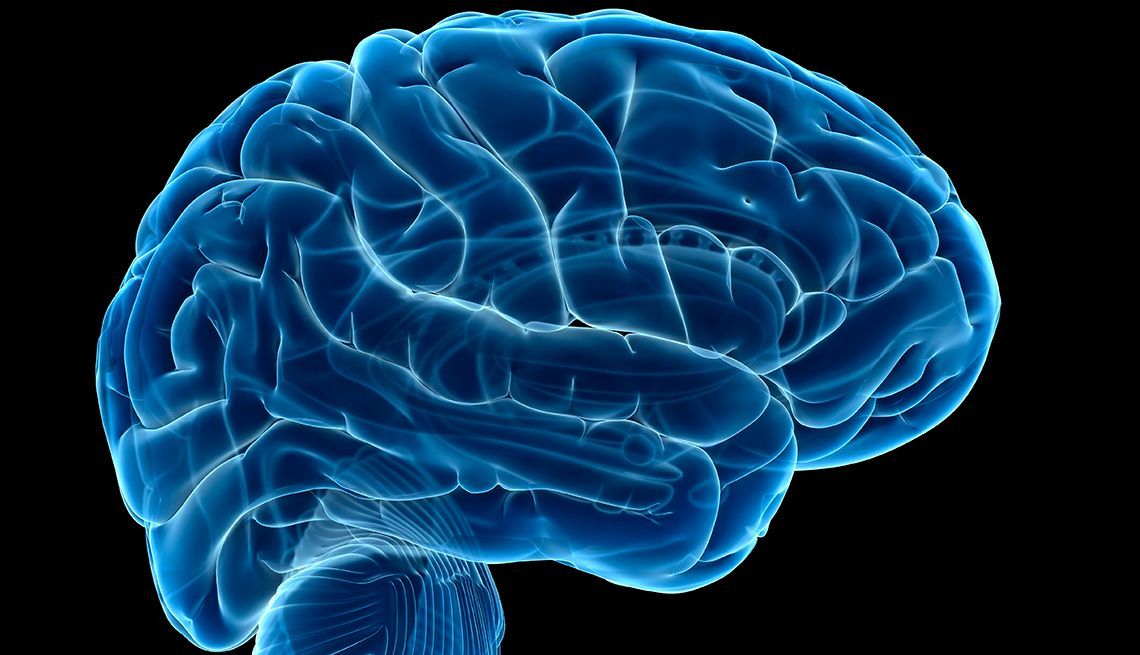
Fitness Fusion: Powering Mental Wellness
In today's fast-paced world, the importance of maintaining both physical and mental health is becoming increasingly evident. With the rising prevalence of mental health issues, it is crucial to understand the connection between fitness, wellness, and mental health. In this blog post, we will explore the role of fitness and wellness in mental health and how incorporating these practices into our daily lives can lead to improved emotional well-being and overall quality of life.
The Intersection of Physical and Mental Health:
Research underscores the close connection between mental fitness and psychological resilience. Regular physical activity offers various mental health benefits, including mood improvement, reduced anxiety and depression risk, and enhanced sleep quality. By recognizing and utilizing this connection, we can cultivate a more harmonious lifestyle that supports both our physical and mental health.
Exercise's Positive Impact on Mental Health:
Stress and Anxiety Reduction: Physical activity lowers cortisol levels, the stress hormone, aiding in stress symptom relief.
Improved Sleep: Regular exercise contributes to better sleep quality, a crucial factor in maintaining overall mental well-being.
Enhanced Cognitive Function: Engaging in physical activity improves cognitive abilities, enhancing problem-solving, decision-making, and memory retention.
Increased Mental Strength: Regular exercise fosters mental strength, flexibility, and endurance, crucial for managing life challenges.
Integrating Fitness, Wellness, and Nutritious Foods into Daily Life:
To fully enjoy the benefits of fitness and wellness on mental health, along with incorporating healthy foods, follow these tips:
Set Realistic Goals: Establish achievable fitness goals to stay motivated and prevent overtraining.
Choose Enjoyable Activities: Opt for exercises you find enjoyable to increase adherence and make fitness a lifestyle choice.
Create a Schedule: Allocate dedicated time for exercise and self-care, treating mental and physical health with the same importance as financial health.
Embrace a Balanced Lifestyle: Manage work and family responsibilities, nurture healthy relationships, and seek mental health support when needed.
Healthy Food Options to Consider:
Leafy Greens: Spinach, kale, and Swiss chard are rich in vitamins and minerals that support overall health.
Berries: Blueberries, strawberries, and raspberries are packed with antioxidants and contribute to cognitive function.
Fatty Fish: Salmon, trout, and sardines contain omega-3 fatty acids, beneficial for brain health.
Nuts and Seeds: Almonds, walnuts, chia seeds, and flaxseeds provide essential nutrients for mental well-being.
Whole Grains: Quinoa, brown rice, and oats are excellent sources of complex carbohydrates that contribute to stable energy levels.
Conclusion:
The undeniable role of fitness, wellness practices, and a balanced diet in mental health emphasizes the need to integrate these elements into our daily lives. Understanding the connection between physical and mental well-being enables us to foster a balanced and fulfilling lifestyle. Remember, the journey to better mental health begins with a single step—take that step today and embark on a path toward a healthier, happier life.
Appreciate the creator